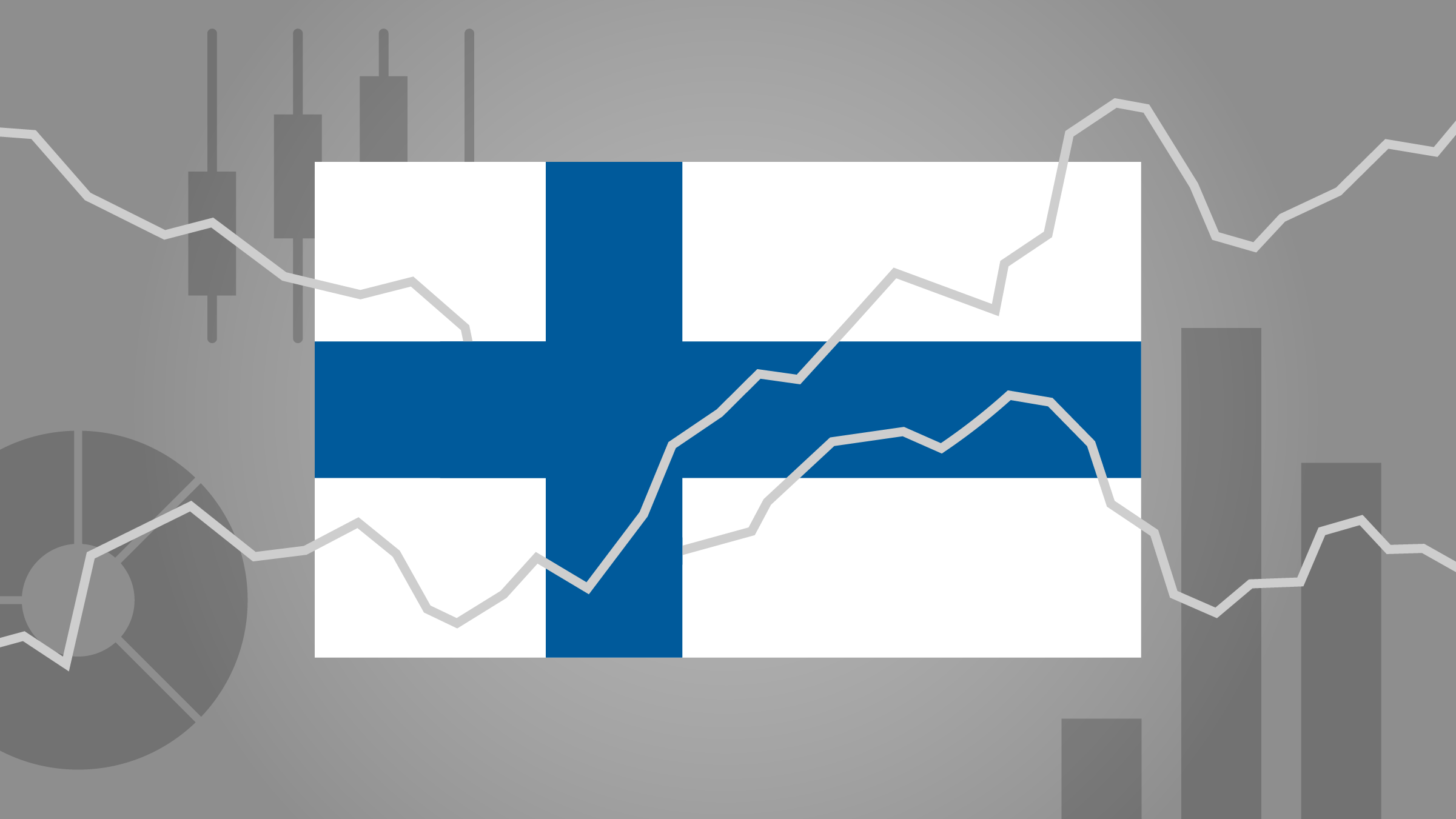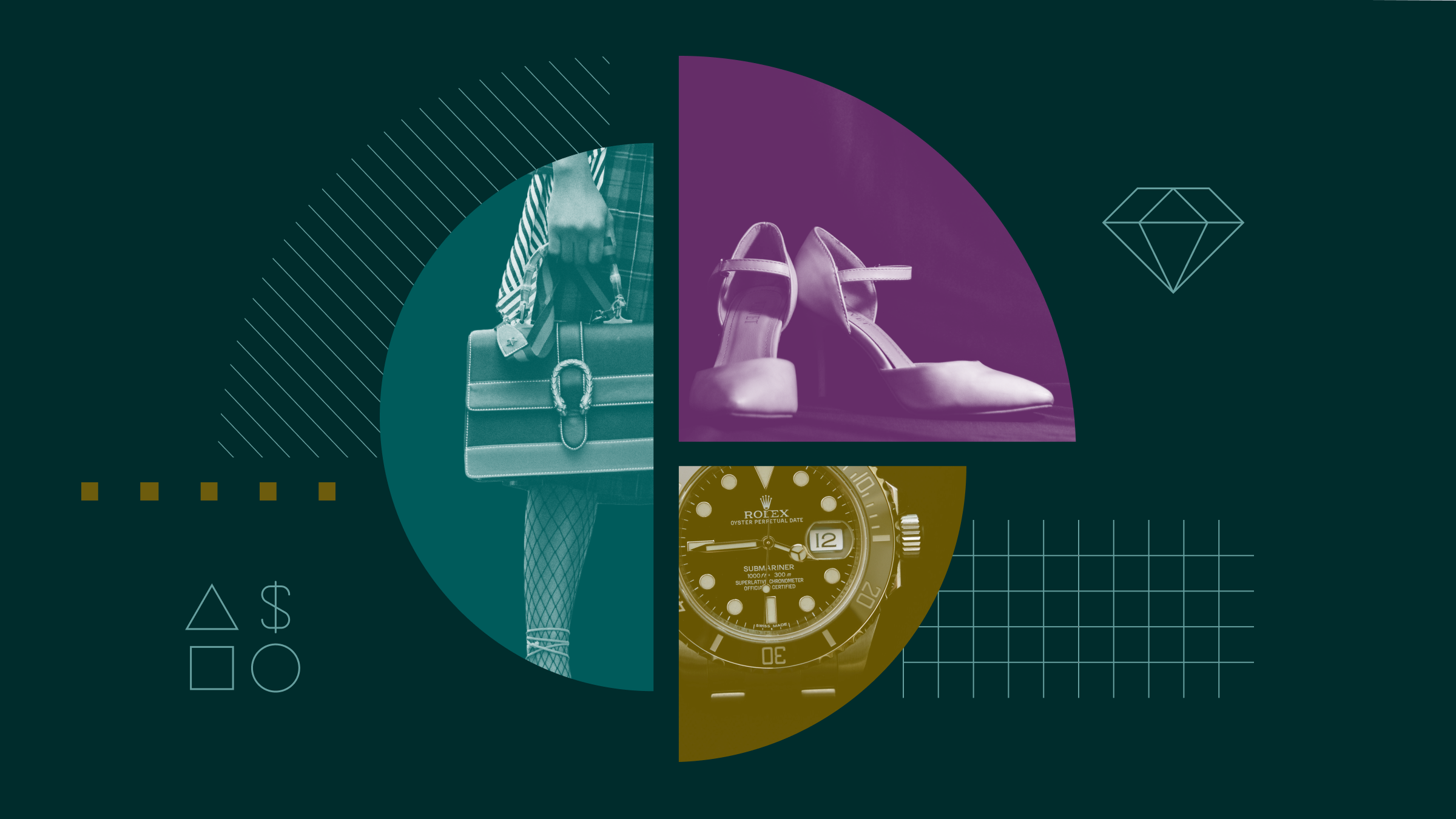Despite the euro’s rise managers remain optimistic about the currency’s prospects according to the latest Morningstar European fund trends survey. Some 69% of fund groups expect the euro to be the best performer among the world’s main currencies in 2004 while 90% said the dollar would perform worst.
The euro fell to an all-time low of $0.82 on October 26th 2000. Currently analysts think it could move towards $1.30-$1.35.
A
strong euro is a particular problem for companies exporting to America while more generally it threatens to undermine an already weak recovery in the euro-zone. However, fund managers seem to be downplaying its impact. According to Katie Pybus, a strategy analyst at Henderson Global Investors: “It’s important to remember that much of the trade in the European economy is conducted between member countries [so there is no currency risk]. In addition, an increasing amount of trade is also being done with Asian countries against whose currencies the euro has been much more stable”.
The European Central Bank (ECB) kept interest rates unchanged at 2% in December saying that it expected a moderate recovery in 2004. The strength of the euro should prevent the ECB from raising rates while an excessive appreciation could bring to a cut.
Cyclical rally
Economic data and corporate profits will drive the markets in the first part of 2004 according to Ms Pybus. Cyclical sectors - such as car manufacturing, technology and luxury goods - have already rallied on signs of economic recovery. She also predicted that the DJ Eurostoxx index will reach 255 at the end of the year (compared with 246 on January 2nd).
According to Gilles Meshaka, a fund manager at Fortis Investments, investments in European shares are attractive because they are undervalued relative to bonds and American shares. While 2003 was a good year for small and medium-sized companies 2004 could be the year for large firms. The average euro-zone small and mid cap fund gained nearly 30% in euro terms in 2003 compared with a 20% gain for the average euro-zone large cap fund.
Although fund managers are optimistic overall there are concerns about an unexpected halt to the economic recovery or new geopolitical crises.
















